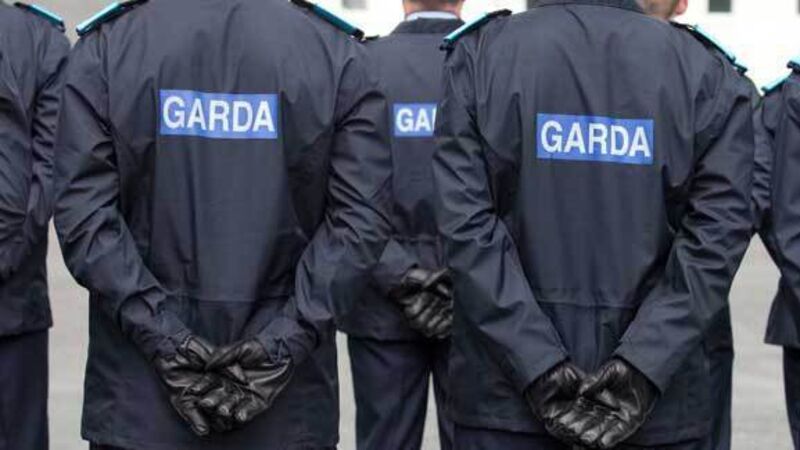Gardaí failed to curb trebling of overtime

The Garda overtime bill has more than trebled in three years and management efforts to bring it under control last year were “ineffective”, the C&AG says.
The State financial watchdog said there is “little detail” available regarding the operational reasons for the overtime, which has climbed from €38m in 2014 to €132m in 2017.













